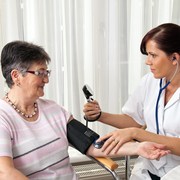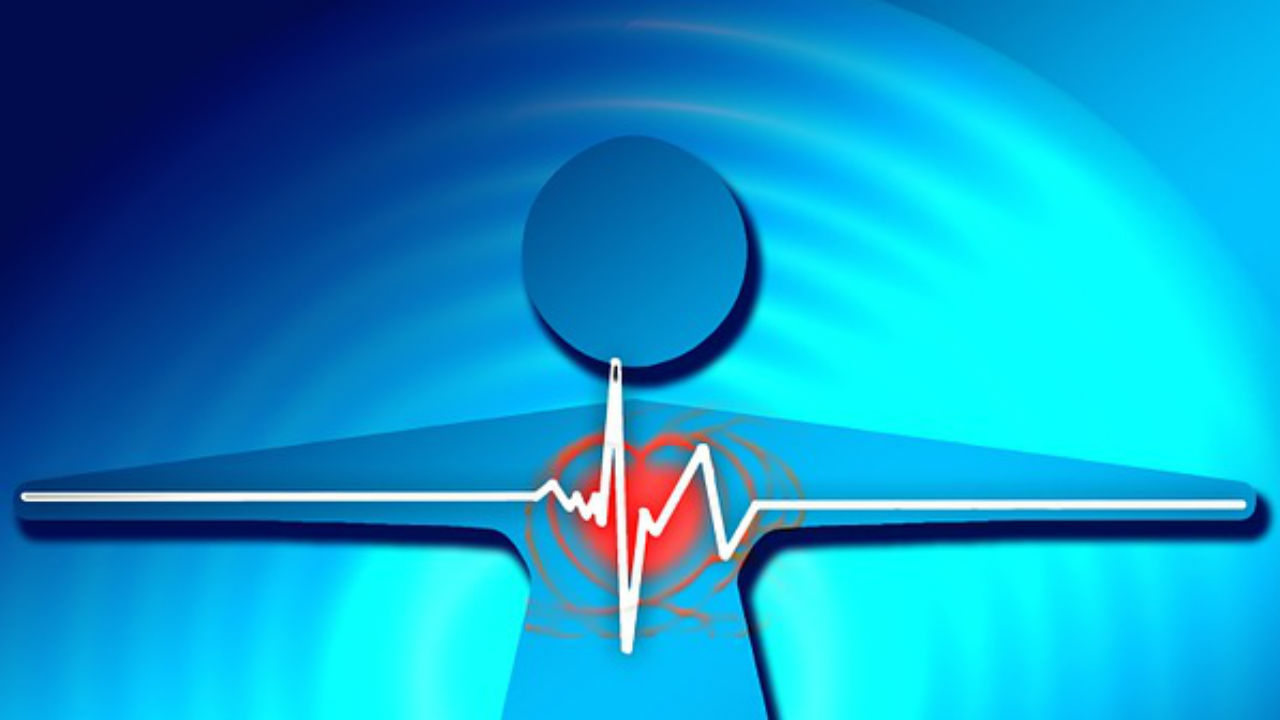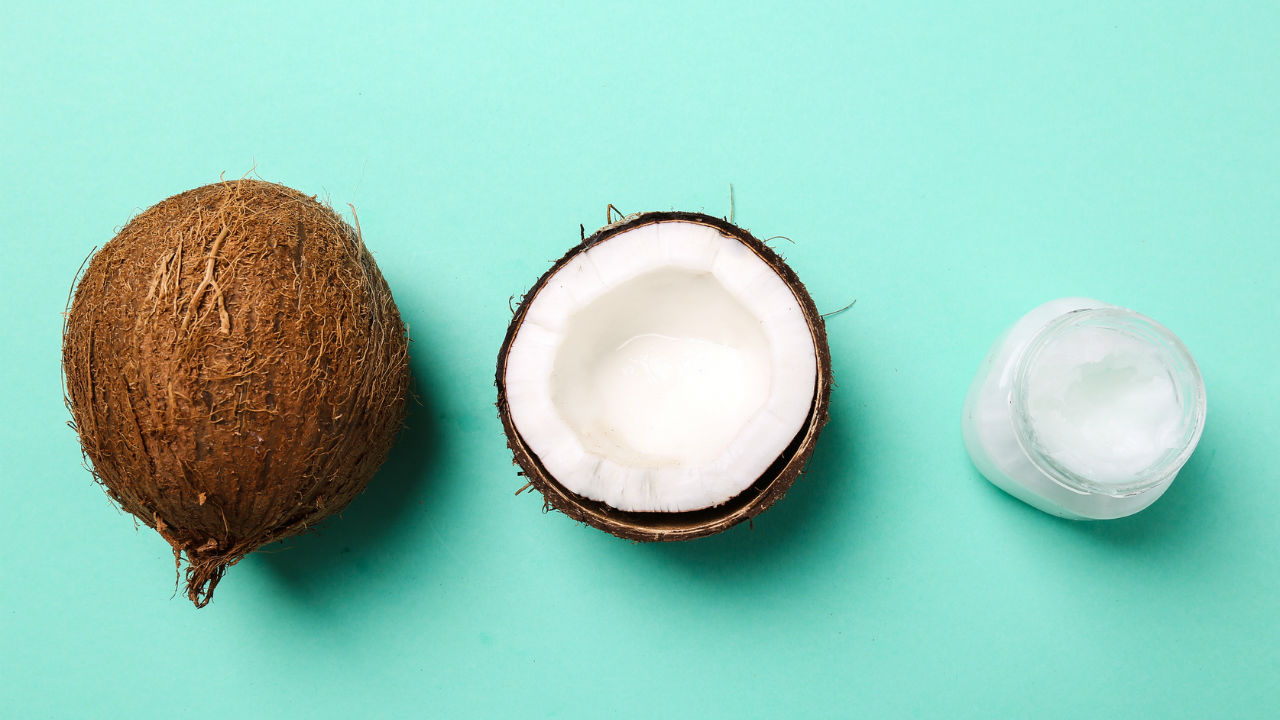 Erwin Wodicka/PhotoSpin
Erwin Wodicka/PhotoSpin
I spend a good amount of time with patients that have to deal with high blood pressure as part of their health concerns.
It becomes part of our health goals get them to a normal and managed blood pressure so they can create vibrant health in their lives.
According to the Centers for Disease control approximately 1 in 3 Americans has been diagnosed with high blood pressure.
So what is blood pressure?
It is the amount of force that hits the artery walls in the body. The amount of force will change from moment to moment depending on your activity, but what is considered normal blood pressure is 120/80 mmHg.
What is high blood pressure?
High blood pressure occurs when the amount of force that hits the artery wall is high enough and steady enough to cause heart problems over time. Usually someone is considered to have high blood pressure when their reading is higher than 130/90 mmHg.
Because our blood pressure changes so much a diagnosis of high blood pressure is given when a patient has a higher than normal blood pressure on three separate occasions.
When our pressure is higher than normal most of the day it create stress on our arteries that could cause them to leak or burst. If you have ever seen a water pipe leak or burst that's what could happen inside your body when your blood pressure is too high.
If we are in stressful situations mentally, emotionally or physically our blood pressure will rise.
For example, if we are running into the doctor’s office because we are late for our appointment, our blood pressure will rise. If we are about to sit with our boss for a performance review our blood pressure will rise.
If we win a multi-million dollar lottery our blood pressure will go up too. Our goal for our blood pressure is to remain in normal range most of the time throughout the day.
What contributes to a diagnosis of high blood pressure?
Being overweight or obese, daily stress (chronic stress), family history of high blood pressure, lack of physical activity, nutritional imbalances or drinking too much can lead to high blood pressure.
Blood pressure can be managed well by maintaining a healthy weight, eating a healthy whole foods diet, practicing regular exercise and managing your mental and emotional stress.
These suggestions may seem simple but it can be challenging to manage in our fast-paced life. If you are having problems with blood pressure, consider getting lifestyle guidance from a health care practitioner who knows how to teach you about healthy lifestyles.
Live Vibrantly,
Dr. Dae
Dr. Dae's website: www.healthydaes.org
Download one of Dr. Dae's books: Daelicious! Recipes for Vibrant Living, Eating Healthy for the Holidays, Cultivate Health: Recipes for Diabetic or Pre-Diabetic Conditions @ www.healthydaes.org
Dr. Dae's Bio:
Dr. Daemon Jones is a Naturopathic Physician who maintains a holistic practice by treating patients all over the country using Skype and phone visits. She helps her patients harvest health and feel great, using a combination of safe and effective naturopathic and conventional methods.
Source:
"High Blood Pressure." Centers for Disease Control and Prevention. N.p., n.d. Web. 19 Feb. 2013.
http://www.cdc.gov/bloodpressure/faqs.htm
"High blood pressure (hypertension) - MayoClinic.com." Mayo Clinic. N.p., n.d. Web. 20 Feb. 2013.
http://www.mayoclinic.com/health/high-blood-pressure/DS00100
Review February 20, 2013
by Michele Blacksberg RN
Edited by Jody Smith






Add a Comment1 Comments
Dr. Dae, this is great information!
As a marathon runner I often have lower than "normal" blood pressure. When should low blood pressure be a concern?
February 20, 2013 - 11:19amThis Comment